Feature
-
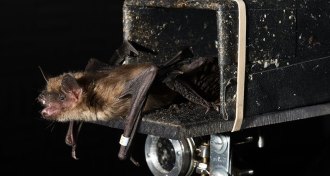 Animals
AnimalsBat brain signals illuminate navigation in the dark
New lab technologies that let bats fly freely allow scientists to track nerve cell signals as the animals dodge and weave.
By Amber Dance -
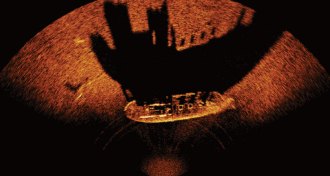 Animals
AnimalsHow bats could help tomato farmers (and the U.S. Navy)
The way bats navigate their environs inspires engineers to develop better sonar and robots that can estimate crop yield or deliver packages
By Amber Dance -
 Environment
EnvironmentThe list of diseases linked to air pollution is growing
Air pollution levels have come down since the 1970s, but smog is being linked with a growing list of diseases, including dementia, obesity, diabetes and even Parkinson’s.
By Laura Beil -
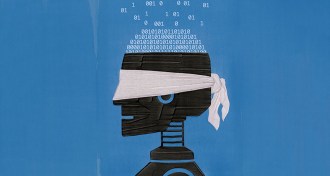 Artificial Intelligence
Artificial IntelligenceMachines are getting schooled on fairness
Machine-learning programs are introducing biases that may harm job seekers, loan applicants and more.
-
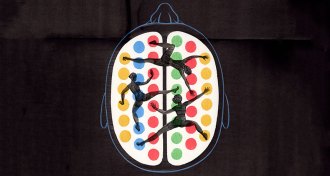 Neuroscience
NeuroscienceLearning takes brain acrobatics
Brains that learn best seem able to reconfigure themselves on the fly, a new line of research suggests.
-
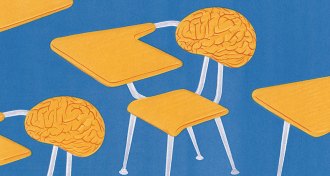 Psychology
PsychologyTeaching methods go from lab to classroom
Cognitive researchers are finding ways to help young students to hold on to all the knowledge and skills they need to succeed in school.
By Susan Gaidos -
 Astronomy
AstronomyAs Cassini’s tour of Saturn draws to a close, a look back at postcards from the probe
As Cassini prepares to plunge to its death, we celebrate the spacecraft's discoveries and breathtaking images of Saturn, its rings and moons.
-
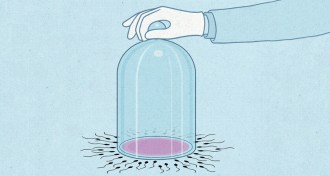 Health & Medicine
Health & MedicineBirth control research is moving beyond the pill
After decades of research, reproductive biologists are on the verge of developing new birth control options that stop sperm from maturing or save a woman's eggs for later.
-
 Astronomy
AstronomyWhat will scientists learn from the Great American Eclipse?
Between now and August 21, astronomy writer Lisa Grossman will explore the top questions scientists will tackle during the 2017 total solar eclipse.
-
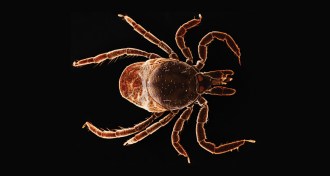 Animals
AnimalsTicks are here to stay. But scientists are finding ways to outsmart them
Researchers acknowledge that there’s no getting rid of ticks, so they are developing ways to make them less dangerous.
By Susan Milius -
 Psychology
PsychologyA look at Rwanda’s genocide helps explain why ordinary people kill their neighbors
New research on the 1994 Rwanda genocide overturns assumptions about why people participate in genocide. A sense of duty, not blind obedience, drives many perpetrators.
By Bruce Bower -
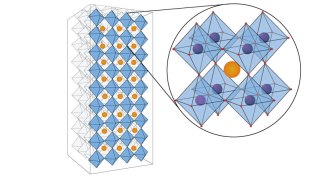 Materials Science
Materials SciencePerovskites power up the solar industry
Perovskites are the latest hot materials in solar energy production.